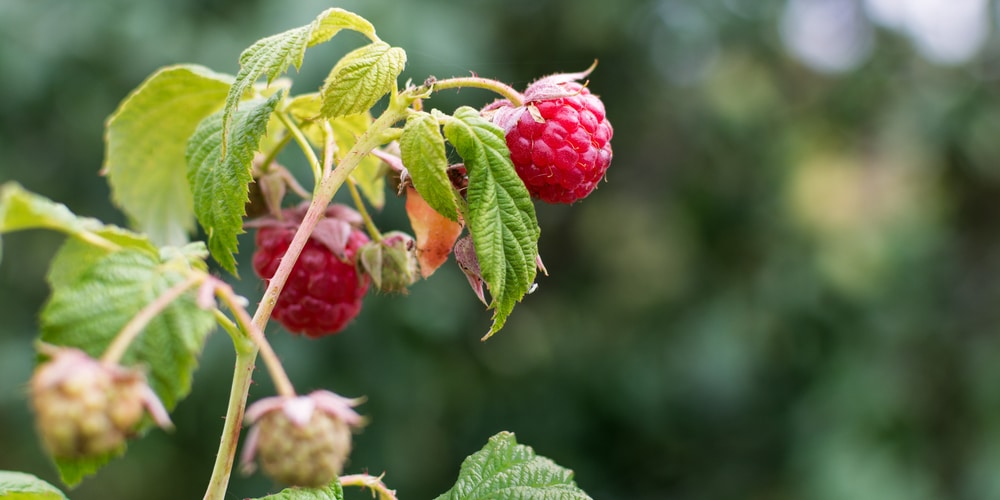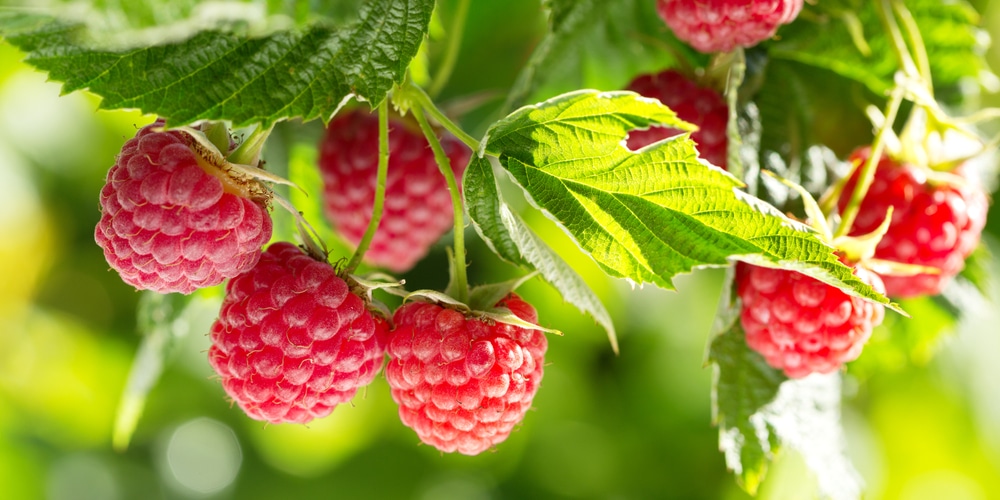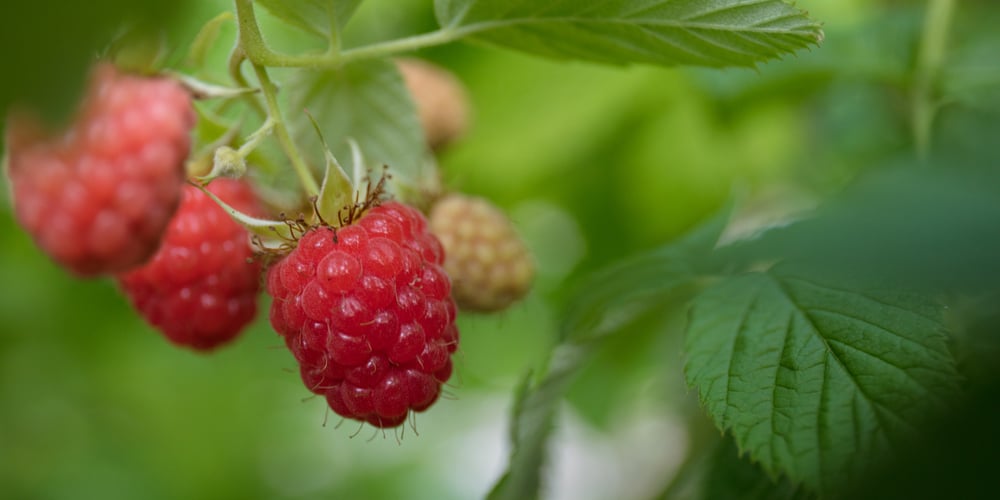If you’re like most people, you love raspberries. They are delicious and healthy snack that everyone can enjoy. However, if you’re not careful, raspberries can quickly spread throughout your garden and take over.
We’re going to discuss some tips and tricks on how to keep raspberries from spreading. We will also provide some helpful advice on how to get rid of them if they have already taken over your garden!
Are Raspberries Invasive?
Raspberries are an incredibly versatile fruit. They can be used in pies, jams, and even cocktails. But what many people don’t realize is that raspberries are also invasive plants. If left unchecked, they can quickly take over a garden or lawn.
How Do Raspberries Spread?
Raspberry bushes are well known for spreading out quickly and covering a large area. But how do they do it? Raspberries are spread in three different ways.
First, the seeds from the berries can fall to the ground and take root, forming new plants.
Second, the canes of the raspberry bush can touch the ground and form new roots, leading to the formation of new plants.
Finally, the raspberry bush has lateral roots, which spread underground and give rise to new plants. In ideal conditions, raspberries can quickly take over a large area.
How to Keep Raspberries from Spreading

Now that we know how raspberries spread let’s discuss how to keep them from taking over your garden.
Pick The Perfect Location
Before you plant a raspberry bush, it is essential to consider its size and shape. Raspberry bushes can grow quite large, so you will need to provide them with enough space to spread. They also spread out, so you will need to allow this in your planting area.
Remember that raspberry bushes are long-lived plants, so that they will be in your garden for many years. For these reasons, it is best to choose an area at least 8 feet wide, preferably even larger.
Strategize where you will plant your raspberries in accordance with other plants in your garden to ensure they have plenty of room to grow.
Water Is The Key
When planting raspberries, choosing a spot where water can be controlled is crucial. Raspberries need water to grow, but they will also spread in whichever direction they need to to get water.
As a result, if raspberries are planted next to a grassy area watered by a sprinkler system, the raspberry plants will spread into the grass and be challenging to control.
It is, therefore, best to choose a spot for the raspberry patch that is not near any other water source. This way, you can water the raspberry plants without worrying about them spreading.
Mulch, Mulch, And Mulch Some More
Mulching is one of the most effective ways to keep raspberries from spreading. Mulch is a layer of material, such as wood chips, leaves, or straw, spread around plants. This layer helps to prevent weeds from growing, and it also holds moisture. As a result, mulching helps to keep the raspberry plants healthy and prevents them from spreading.
When mulching around raspberry plants, use a thick layer of mulch. This will help prevent the roots from spreading and make removing the raspberry canes easier if they do spread.
Additionally, you can lay down a tarp on areas where you do not want raspberries to grow. This will help to prevent the raspberry canes from spreading into these areas.
Cut Them Back
Another technique is to cut back the canes. This is best done in the late fall or early winter after the raspberry plants have gone dormant. Use pruning shears to cut back the canes to about 12 inches tall. Be sure to remove any lateral roots from the base of the plant, as these will also lead to the formation of new plants.
Conclusion
In conclusion, you can do a few things to keep raspberries from spreading. Be sure to pick the perfect location for your raspberry bush, and water it directly to prevent it from spreading.
Additionally, lay down a thick layer of mulch around the base of the plant, and cut back the canes in late fall or early winter. Following these tips, you can enjoy fresh raspberries without worrying about them taking over your garden!

